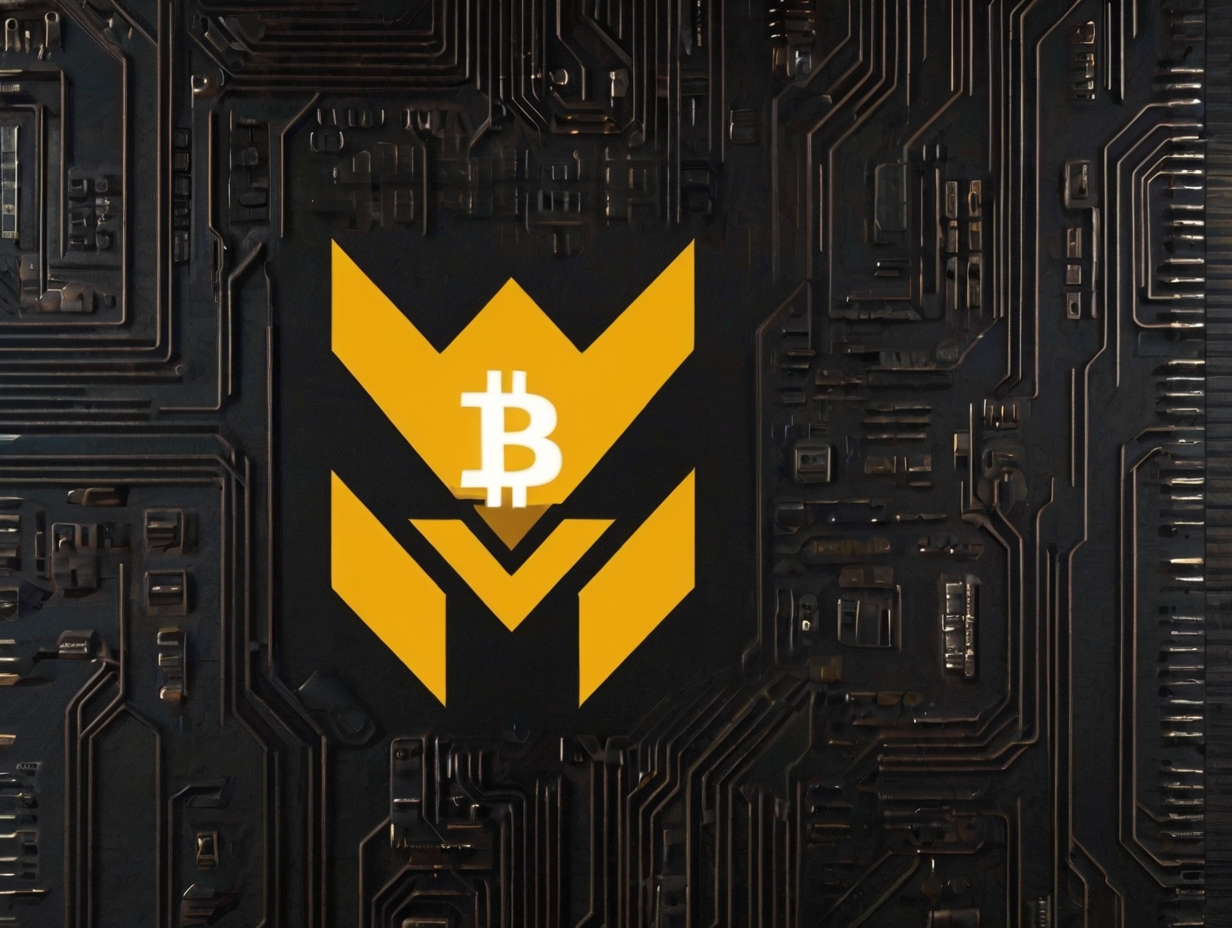BlackRock, the world’s largest asset manager, has announced the creation of the BlackRock USD Institutional Digital Liquidity Fund (BUIDL). This fund, as disclosed in filings with the U.S. Securities and Exchange Commission (SEC), is designed to operate on the Ethereum blockchain and will comprise tokenized assets.
BlackRock commits $100 million to tokenized Fund, embracing digital finance
Blockchain data reveals that the fund has been initialized with a substantial $100 million investment in USDC stablecoin, a cryptocurrency pegged to the value of the U.S. dollar.
This investment signifies BlackRock’s commitment to exploring the potential of digital assets within institutional finance.
BlackRock’s founder and CEO, Larry Fink, has long been vocal about the transformative potential of blockchain technology in financial markets. Fink believes tokenization represents the next phase in the evolution of financial instruments, stating, “ETFs are the first step in the technological revolution in financial markets. The second step will be the tokenization of every financial asset.”
Fink’s vision extends to a future where traditional assets, such as stocks, bonds, real estate, and even alternative investments like art, are represented as digital tokens on a public ledger.
This tokenization process, enabled by blockchain technology, could revolutionize how assets are bought, sold, and transferred, offering increased transparency and efficiency while potentially reducing costs and mitigating risks associated with traditional financial transactions.
SEC delays decision on Ethereum ETF application
Despite the growing interest in digital assets, the SEC has delayed its decision on BlackRock’s application for an Ethereum exchange-traded fund (ETF). This decision comes on the heels of the SEC’s approval of several Bitcoin ETFs earlier this year.
While regulatory scrutiny remains a significant factor in the adoption of blockchain-based financial products, BlackRock’s foray into tokenized assets underscores a broader industry trend toward embracing digital innovation in finance.
Implications of tokenization for financial markets
The tokenization of assets holds profound implications for the future of financial markets. By representing traditional assets as digital tokens on a blockchain, issuers can streamline processes such as settlement, custody, and compliance, leading to greater efficiency and reduced friction in capital markets.
Congratulations @BlackRock and @Securitize on the launch of the BlackRock USD Institutional Digital Liquidity Fund!
— Robert Leshner (@rleshner) March 19, 2024
This is another great milestone for the tokenization of assets!https://t.co/JVeliGUO7r
Additionally, the increased transparency afforded by blockchain technology could enhance market integrity and investor confidence, fostering a more inclusive and accessible financial ecosystem.
BlackRock’s tokenized Fund launches new era in digital finance
The launch of the BlackRock USD Institutional Digital Liquidity Fund represents a significant milestone in the ongoing evolution of financial markets towards digitalization and tokenization. As blockchain technology continues to mature and regulatory frameworks evolve, the potential for tokenized assets to reshape the global financial landscape remains substantial.
With BlackRock’s entry into the space, accompanied by its substantial initial investment, the legitimacy and credibility of blockchain-based financial products are further reinforced. While challenges and uncertainties persist, particularly on the regulatory front, the momentum behind asset tokenization is undeniable, signaling a new era of innovation and opportunity in the financial industry.
As the industry awaits further developments, the launch of the BlackRock USD Institutional Digital Liquidity Fund serves as a testament to the transformative power of blockchain technology and its potential to redefine the way assets are managed, traded, and accessed in the digital age.
A Step-By-Step System To Launching Your Web3 Career and Landing High-Paying Crypto Jobs in 90 Days.
